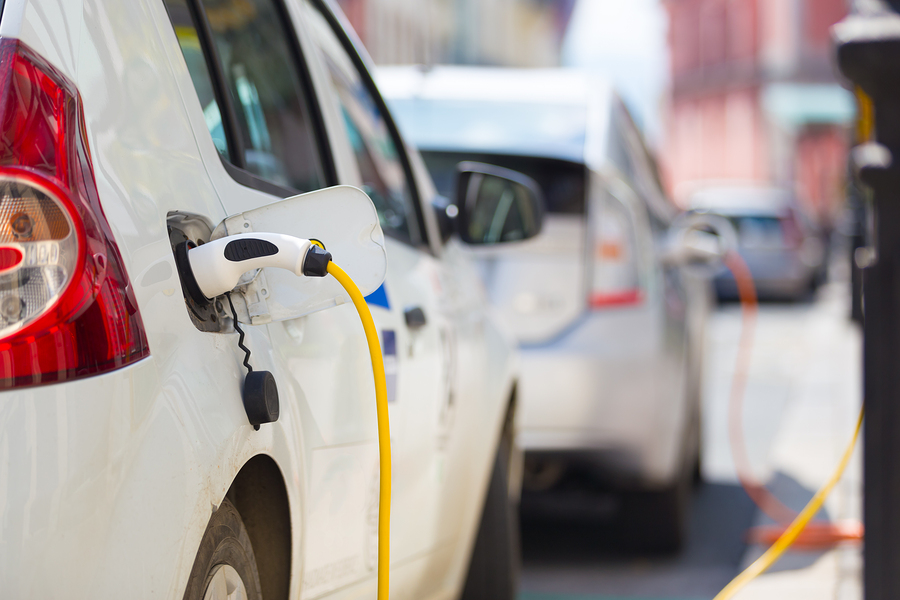Would you buy an eco car?
Have you ever been tempted by an electric or hybrid car? With dwindling natural resources and growing concerns about the environment, many motorists are turning to eco cars.
Most modern cars rely on fossil fuels for power, which are created from finite supplies of crude oil. Spills of crude oil are extremely damaging for the natural environment, and burning fossil fuels has been proven to emit greenhouse gases, contributing to global warming effects. It’s no wonder that car manufacturers and drivers alike are setting their sights on eco cars for the future.
Electric Cars
Although we might think of them as such, electric cars are not a new invention. They were popular with motor vehicle drivers in the late 19th and early 20th century, until gasoline powered cars become cheaper and overtook them. Now, however, they are making a comeback.
Electric cars use an electric motor for power, and draw energy from rechargeable battery packs.
Advantages of electric cars:
- Recharging your battery is much cheaper than buying petrol
- They don’t produce exhaust fumes or noxious fumes
- They are quieter than conventional cars
- They reduce greenhouse gas emissions and decrease the need for fossil fuels
- You can charge your car at home
- Electric cars need less maintenance than conventional cars
- The reduce the dependency on foreign oil from unpredictable or developing countries
- Energy is normally drawn from utility companies, which could be from renewable sources too
- They have good acceleration performance
Disadvantages of electric car:
- The price of electric cars is still higher than for conventional cars
- Replacement batteries are expensive, although they normally last many years
- It can take many hours for battery packs to be recharged
- The travel distance that electric car batteries achieve is less than petrol powered engines achieve. However, this is normally upwards of 100 miles per charge, and is being improved, with many electric cars now able to achieve hundreds of miles on a charge
Some people see hybrid cars as a good bridge between electric cars and conventional cars.
Hybrid Cars
Hybrid cars are powered with both an electric motor and an internal combustion engine. There are various types of hybrid cars but they normally use petrol or diesel to power the engine, and batteries to power the electric motor. They share many of the same advantages as electric cars, with the extra boost of power that an international combustion engine provides.
Advantages of hybrid cars
- As with electric cars, they are quieter and cheaper to run than conventional vehicles
- Although they use petrol, they are more fuel efficient so consume less fuel than conventional cars
- They produce less air pollution
- The internal combustion engine is light and economical
- They help make drivers more efficient
- The engine automatically turns off at a stop, but the car can restart quickly, so they are great at lights and traffic jams
Disadvantages of hybrid cars:
- Repairs can be more complex and costly than on electric or conventional cars
- They are more expensive to buy than conventional cars
- They can be less powerful and slower than conventional cars, because the internal combustion engine is smaller
Would you be tempted to drive an eco car?
Rachel - Silversurfers Assistant Editor
Latest posts by Rachel - Silversurfers Assistant Editor (see all)
- Songs about Mum for Mothering Sunday - March 26, 2025
- The best of Diana Ross - March 25, 2025
- Elton John’s Greatest Hits Playlist - March 24, 2025
- The best of Liza Minnelli - March 11, 2025
- Shrove Tuesday traditions - March 3, 2025




















